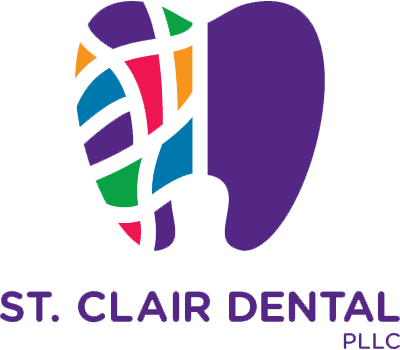Having a balanced diet has so many benefits, but one of the most underrated benefits it provides is your oral health. That’s right – your mouth can greatly benefit from eating those leafy greens and whole grains in ways you’d least expect, and understanding what you put in your body matters because when diets are left unmanaged, your mouth suffers a lot long-term. Even when it is more convenient and financially cheaper to eat processed foods and sugary drinks, it hurts your entire body and mouth. It creates a direct impact on your ability to have a longer, healthier life. Here’s what we know about how balanced diets help maintain your oral health and why processed foods harm it instead.
Connecting It All Back To Your Mouth
Your mouth is often the window to your health – it can provide various clues to how your body’s been processing nutrients, what you’ve been eating regularly, and what diseases you’ll most likely be more vulnerable to as you get older. Our bodies contain multiple defenses against chronic diseases and harmful bacteria because our bodies are a microcosm of healthy bacteria and hard-working cells ready to tackle anything that may harm our health. When it comes to preventing disease, our mouths are the gateway and are often the entry point for harmful bacteria strains such as the Streptococcus mutans to develop along with the teeth and gums.
Strains like the Streptococcus mutans often harm the respiratory system, the digestive system, and the inflammatory system, creating long-term problems that increase the risk of developing inflammatory diseases such as gum disease, diabetes, and allergies. As bacteria collects in the mouth, poor oral hygiene can often foster these harmful strains to grow, creating plaque and tartar along with the teeth’ enamel and the gum line, leading to heavy inflammation and decay. This exposure to harmful bacteria can lead those strains to become exposed to our bloodstream and potentially weaken our immune system as a result.
How Balanced Diets Improve Your Oral Health
Many of the oral diseases people face often result from large intakes of carbohydrates and sugars. Carbohydrates can also be harmful if they’re heavily processed and are overconsumed. Both carbohydrates and sugars contain glucose, which is too much quantity can cause our bodies to store that energy into fat deposits, which predispose us to chronic conditions such as heart disease and diabetes. Studies from StatPearls showcase the effects of diet on our oral health and the nutrients we digest from our foods. According to the study, healthy foods increase saliva production and maintain the calcium deposits within our bones, which ultimately reduce the risk of developing dental diseases.
Overall to achieve better oral health, we suggest following these guidelines to achieve a more balanced approach to foods:
- Eat Vegetables and Fruits Containing Fiber and Vitamins
- Drink and Eat Dairy Products with Calcium and Vitamin D
- Choose Lean Proteins and Seafood For Proteins
- Drink Fluoridated Water For Healthy Teeth
- Avoid Processed, Sugary, and High-Fat Foods
By reducing processed foods and maintaining good oral hygiene, you can give your body the foods it needs to prevent chronic disease and have a healthier smile.

